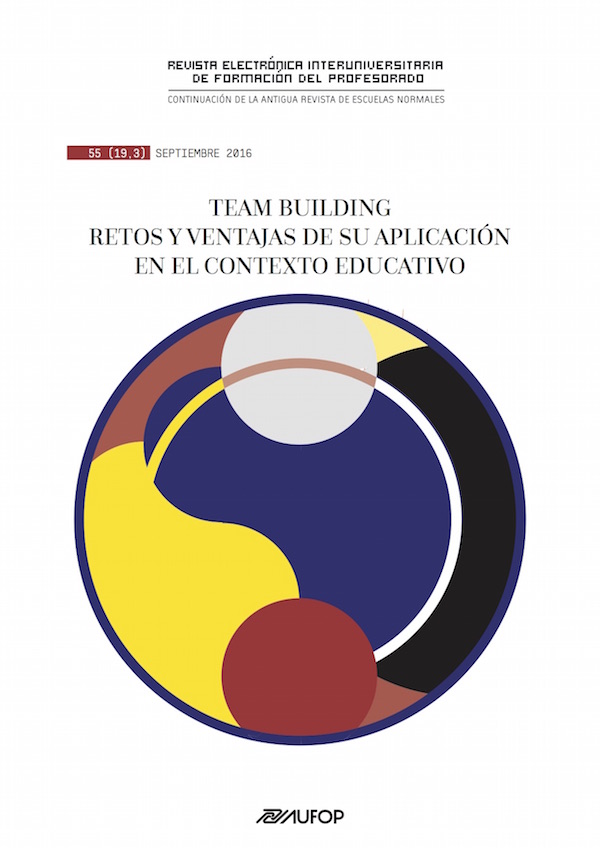Empathy and education: trainee teachers empathy performance implications. Comparative analysis between the University of Castille la-Mancha and autonomous University of Chile
Abstract
This study examined the empathic skills of future teachers and the educational implications of the results obtained.
40 students of Pedagogy in Physical Education at the Faculty of Education of Temuco (UA/Chile) and 40 students of Nursery and Infant Education at the Faculty of Education in Cuenca (UCLM/Spain) participated.
Students were evaluated by means of the questionnaire TECA (2008) which includes four scales, two designed to measure cognitive empathy: perspectives adoption (AP) and emotional comprehension (CE) and two designed to measure affective empathy: empathic stress (EE) and empathic happiness (AE). TECA recommends that practicing teachers should have a high level of cognitive empathy and a medium to low level of affective empathy.
The results demonstrate insufficient levels of cognitive empathy in both samples (between 70% and 85%) and an appropriate level of affective empathy (between 85% and 98%). The ideal global profile is achieved by only 7’5% in both groups.
In summary, student teachers surveyed showed an underperformance in cognitive empathic skills. It would therefore be advisable to look at training as a matter of some urgency and control the access of suitably qualified staff to teaching posts in order to ensure an improvement in the quality of education.
Downloads
-
Abstract2575
-
PDF (Español (España))2361
Los artículos que se publican en esta revista están sujetos a los siguientes términos:
1. El Departamento de Métodos de Investigación y Diagnóstico en Educación de la Universidad de Murcia (España), junto con el Servicio de Publicaciones de la Universitdad de Murcia (Editum) son los editores de la revista REIFOP y conserva los derechos patrimoniales (copyright) de los artículos publicados, permitiendo la reutilización de las mismos bajo la licencia de uso indicada en el punto 2.
2. Las obras se publican en la edición electrónica de la revista bajo una licencia Creative Commons Reconocimiento-NoComercial-SinObraDerivada 3.0 España (texto legal). Se pueden copiar, usar, difundir, transmitir y exponer públicamente, siempre que: i) se cite la autoría y la fuente original de su publicación (revista, editores y URL de la obra); ii) no se usen para fines comerciales; iii) se mencione la existencia y especificaciones de esta licencia de uso.
3. Condiciones de auto-archivo. Se permite y se anima a los autores a difundir electrónicamente las versiones pre-print (versión antes de ser evaluada) y/o post-print (versión evaluada y aceptada para su publicación) de sus obras antes de su publicación, ya que favorece su circulación y difusión más temprana y con ello un posible aumento en su citación y alcance entre la comunidad académica. Color RoMEO: verde.















